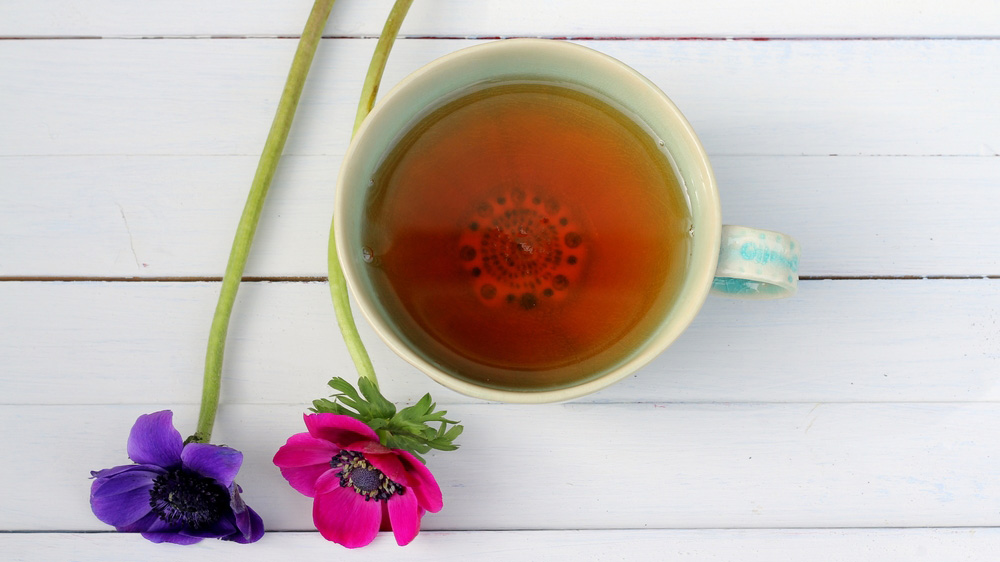Ah, sleep! That sweet refuge where the mind escapes, and the body regenerates. However, many people struggle to find the arms of Morpheus. Luckily, various sleep therapeutic approaches, blending science and tradition, offer solutions to improve the quality of our nights. Ready for a journey to the land of dreams? Follow the guide!
Cognitive Behavioral Therapy for Insomnia (CBT-I)
Cognitive Behavioral Therapy for Insomnia (CBT-I) is one of the most recommended treatments for sleep disorders. This method aims to identify and transform the thoughts and behaviors that hinder restful sleep. It includes techniques like:
- Stimulus control: Associating the bed only with sleep or relaxing activities.
- Sleep restriction: Reducing the time spent in bed to strengthen sleep efficiency.
- Relaxation training: Learning how to relax the body and mind.
Studies show that CBT-I is as effective as short-term sleeping pills and more sustainable in the long run, without side effects.
Bedtime Rituals and Sleep Hygiene
Never underestimate the power of habits! Creating a sleep-friendly environment is crucial:
- Turn off screens at least one hour before bed.
- Engage in relaxing activities like reading or a warm bath.
- Keep consistent sleep schedules, even on weekends.
Research has proven that these practices not only help you fall asleep faster but also improve the overall quality of sleep.
Herbal Teas: Nature’s Help for Your Nights
Plants have been our allies for centuries in calming restless minds. Some of the most effective ones include:
- Chamomile: The apigenin it contains helps reduce anxiety and induce sleep.
- Valerian: This plant with sedative properties can decrease the time it takes to fall asleep.
- Passionflower: Ideal for nights interrupted by awakenings.
A good herbal tea, and off to bed!
Melatonin: The Sleep Hormone
Melatonin, often called the sleep hormone, plays a key role in regulating our biological clock. Research shows that supplementation can be particularly helpful for night shift workers, jet lag sufferers, or older individuals whose melatonin levels naturally decrease. However, self-medication is discouraged—consult a professional before use.
Cryotherapy: Cold Therapy for Better Sleep
Imagine dipping into an ice-cold bath… but high-tech style. Cryotherapy, which involves exposing the body to extremely cold temperatures for a few minutes, could enhance sleep. The cold stimulates endorphin production and reduces inflammation, promoting faster sleep onset and deeper rest.
Weighted Blankets: A Nighttime Hug
Weighted blankets exert gentle, even pressure on the body, creating a feeling of security and comfort. This method, based on the principle of “deep pressure stimulation,” has shown promising results in reducing anxiety and improving sleep quality, particularly for those with sensory disorders.
Aromatherapy: Scents to Help You Sleep
Certain essential oils, such as lavender and ylang-ylang, have relaxing properties. Diffuse them in your room or apply a few drops to your pillow to create an atmosphere conducive to relaxation.
Sleep Therapeutic Approaches : Meditation and Mindfulness
Practicing a few minutes of meditation before bed can work wonders. Meditation helps calm the mind, reduce intrusive thoughts, and slow the heart rate. Try deep breathing exercises or guided sessions to accompany your nights.
Technological Advancements: Sensors and Apps
Smartwatches and mobile apps can help you better understand your sleep cycles. Although they don’t replace a polysomnography (a medical sleep study), they provide valuable insights to identify your habits and make improvements.
Nutrition: What You Eat Matters
Avoid caffeine and alcohol before bed. Opt for foods rich in tryptophan, like nuts, bananas, or warm milk, which promote serotonin and melatonin production.
In Conclusion…
From behavioral techniques to natural remedies and technological innovations, everyone can find an approach that works for them. So, are you ready to embrace the arms of Morpheus? Test, explore, and remember: a good night’s sleep is the key to a life full of energy and good mood!
Sources:
National Sleep Foundation – Cognitive Behavioral Therapy for Insomnia
https://www.sleepfoundation.org/cognitive-behavioral-therapyMayo Clinic – Melatonin and Sleep
https://www.mayoclinic.org/healthy-lifestyle/adult-health/expert-answers/melatonin/faq-20058094PubMed – Weighted Blankets for Anxiety and Sleep
https://pubmed.ncbi.nlm.nih.gov/30727467/Harvard Medical School – The Science of Sleep
https://hms.harvard.edu/news/science-sleepSleep Medication Reviews – Cryotherapy and Sleep
https://www.frequencemedicale.com/psychiatrie/patient/294625-Sommeil-un-froid-intense-aiderait-a-mieux-dormir


